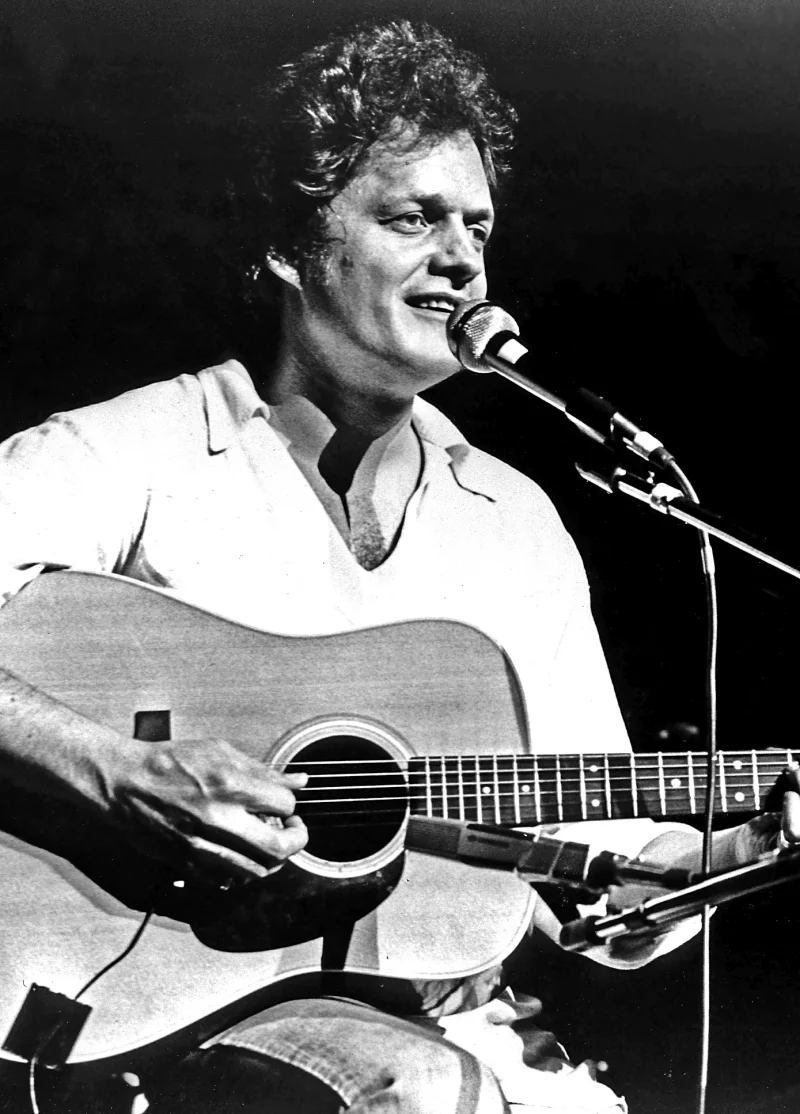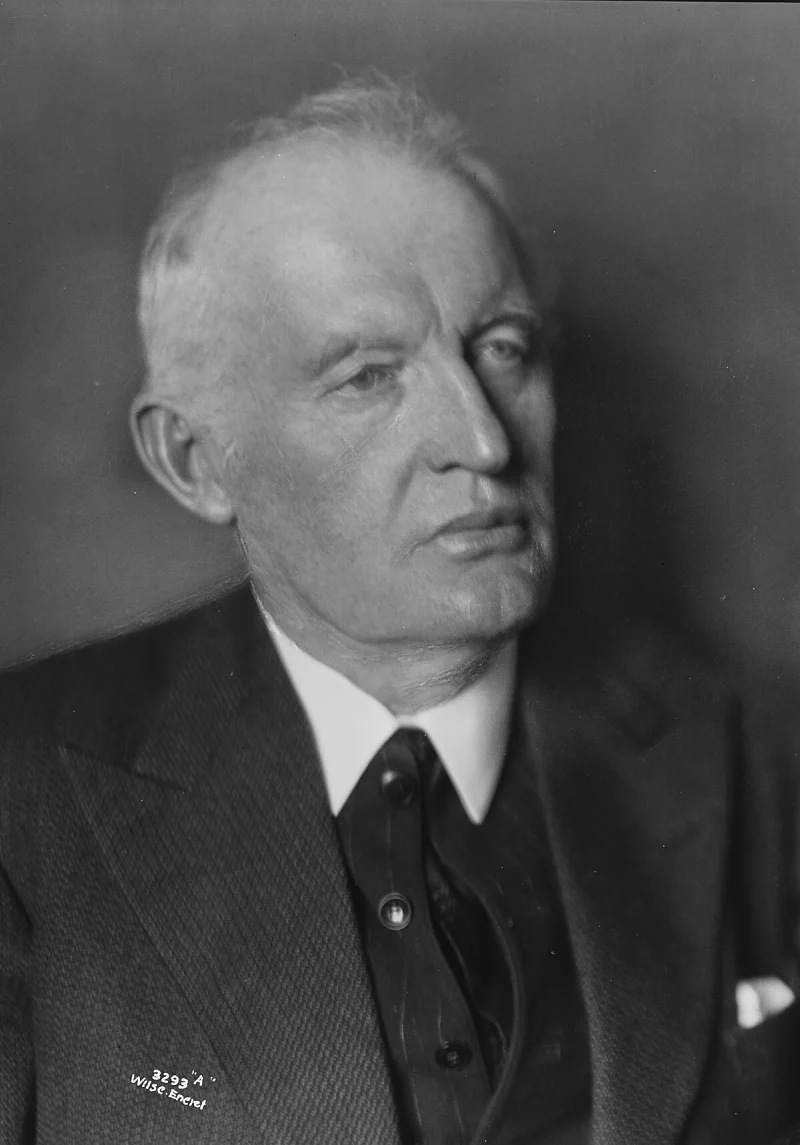Short Summary
Harry Chapin was an influential American singer-songwriter and humanitarian, best known for his narrative-style folk music and storytelling songs. He gained fame for hits such as "Taxi," "W.O.L.D.," and the iconic single "Cat's in the Cradle." Chapin was also a passionate advocate for social causes, particularly in the fight against world hunger. His music and activism left a lasting impact on both the music industry and humanitarian efforts.
Early Life & Education
Harry Chapin was born on December 7, 1942, in New York City into a family with a rich artistic background. His father, Jim Chapin, was a renowned jazz drummer, which fostered Harry's early interest in music. He spent his childhood in Brooklyn Heights, New York, and later attended Brooklyn Technical High School. Chapin briefly pursued higher education at the United States Air Force Academy and Cornell University but did not complete a degree. His early forays into music were inspired by his family's artistic atmosphere and an innate storytelling ability that would define his career.
Career Highlights
Chapin's career took off in the early 1970s with the release of his debut album, "Heads & Tales," which featured the hit single "Taxi." His storytelling prowess was further showcased in subsequent albums, earning him a dedicated fan base. The 1974 release of "Verities & Balderdash" included "Cat's in the Cradle," which became his most enduring hit. Chapin was not only a prolific musician but also a committed activist. In 1975, he co-founded the organization World Hunger Year (now WhyHunger), leveraging his fame to support humanitarian causes. His dedication to both music and activism defined his career until his untimely death in 1981.
Major Achievements
- Released the successful single "Taxi" in 1972, marking his breakthrough in the music industry.
- Recorded "Cat's in the Cradle" in 1974, which became an iconic song known for its poignant narrative.
- Co-founded World Hunger Year in 1975, emphasizing his commitment to fighting global hunger.
- Received a Grammy nomination for Best Male Pop Vocal Performance in 1975.
- Awarded a posthumous Congressional Gold Medal in 1987 for his humanitarian work.
Famous Quotes
- "When in doubt, do something."
- "Our lives are to be used and thus to be lived as fully as possible, and truly it seems that we are never so alive as when we concern ourselves with other people."
Interesting Facts
- Chapin performed over 200 concerts a year, with a significant portion of them benefiting charity.
- He was posthumously awarded the Special Humanitarian Award by the Academy of Country Music.
- Chapin was known for his generosity, often donating proceeds from concerts to charitable causes.
- His song "Cat's in the Cradle" was inspired by a poem written by his wife, Sandy.
- Chapin was inducted into the Long Island Music Hall of Fame in 2006.
Legacy / Influence
Harry Chapin's legacy extends beyond his music, as he is remembered for his relentless commitment to humanitarian work. His efforts in fighting hunger and poverty have inspired numerous artists and activists. Chapin's storytelling songs continue to resonate with audiences, influencing generations of musicians. His advocacy work paved the way for initiatives that address global hunger, cementing his place as a pioneer in using celebrity status for social change.
FAQ
Q: Why is Harry Chapin famous?
A: He is famous for his storytelling songs like "Cat's in the Cradle" and his humanitarian efforts, particularly in fighting world hunger.
Q: What was Harry Chapin's most famous song?
A: "Cat's in the Cradle" is his most famous song, known for its impactful narrative on father-son relationships.
Q: How did Harry Chapin contribute to humanitarian causes?
A: He co-founded World Hunger Year and frequently performed benefit concerts to raise awareness and funds for hunger relief.
Q: When did Harry Chapin pass away?
A: He tragically died in a car accident on July 16, 1981.













